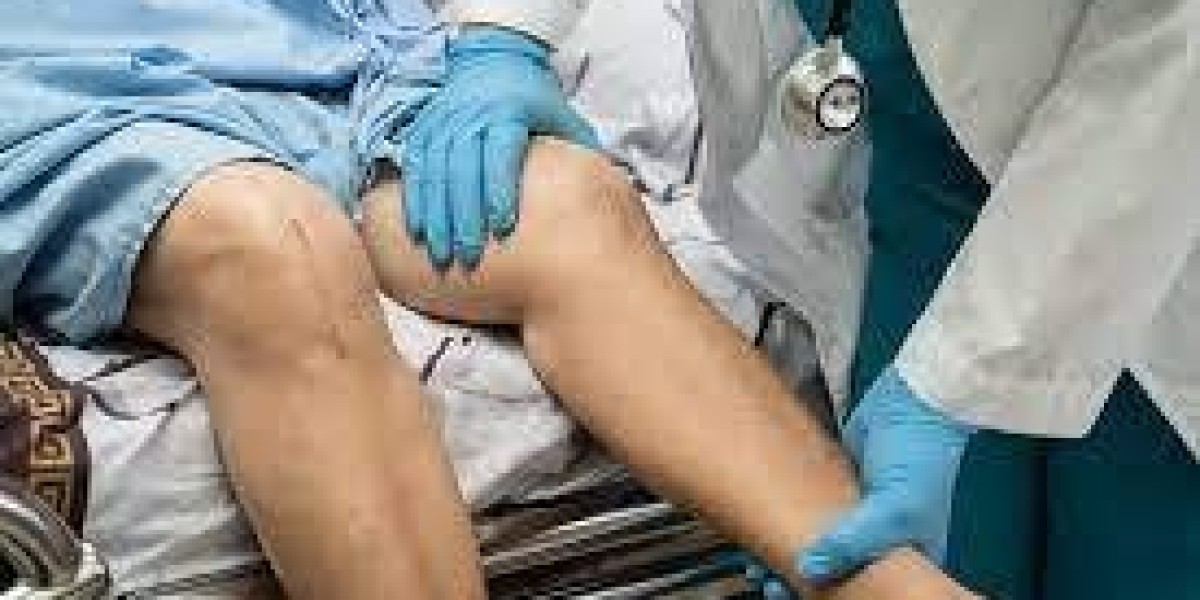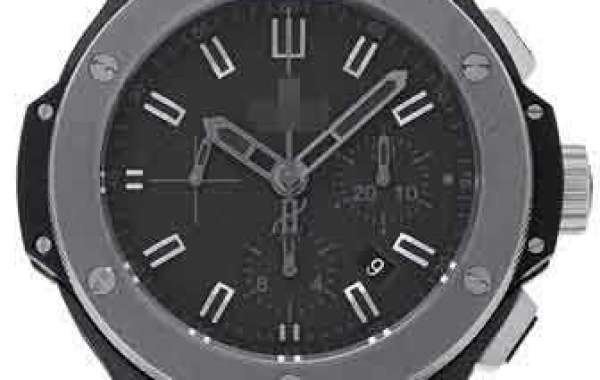Undergoing sports injury surgery in Karachi can be a daunting experience, but with a skilled and experienced surgeon like Dr. Shohab Hyder Shaikh in Karachi, athletes can rest assured that they are in good hands. Known for his advanced techniques and personalized approach to care, Dr. Shohab ensures that every patient understands the process and what to expect before, during, and after the surgery. Here's a detailed guide on what to expect when undergoing sports injury surgery with Dr. Shohab.
1. Pre-Surgery Consultation: Understanding Your Injury and Treatment Plan
Before undergoing surgery, Dr. Shohab will conduct a thorough pre-surgery consultation to assess the nature and extent of your injury. This includes:
Medical History Review: He will review your medical history to identify any potential risk factors and ensure you're in good health for surgery.
Imaging and Diagnostics: Dr. Shohab will use state-of-the-art imaging techniques like MRI, X-rays, or CT scans to accurately diagnose the injury and plan the appropriate surgical procedure.
Discussing Options: He will discuss the surgical options available, including the use of minimally invasive techniques such as arthroscopy (if applicable) and explain the expected outcomes, recovery time, and any potential risks.
2. Surgical Preparation: What Happens Before the Procedure?
On the day of the surgery, there are several preparatory steps you can expect:
Anesthesia Consultation: You will meet with an anesthesiologist to discuss your options for anesthesia. Depending on the complexity of the surgery, you may receive general anesthesia (where you are completely asleep) or local anesthesia (where only the affected area is numbed).
Fasting and Hydration: You will be instructed to fast for several hours before surgery to prevent complications during the procedure.
Pre-Surgery Instructions: Dr. Shohab or his medical team will provide you with detailed instructions on what to do and what to avoid before the surgery.
3. The Surgical Procedure: What Happens During the Surgery?
Sports injury surgery with Dr. Shohab will vary depending on the type and location of the injury, but here's a general overview of what happens during the procedure:
Minimally Invasive Techniques: Dr. Shohab is known for his use of minimally invasive techniques, especially for joint and ligament injuries. For example, during arthroscopy, small incisions are made, and a camera (arthroscope) is inserted to visualize and repair the damaged tissue. This method reduces trauma to the surrounding tissues and promotes faster recovery.
Precision Surgical Methods: If the injury requires more extensive repair, Dr. Shohab will use precise surgical methods to reconstruct torn ligaments, tendons, or joints. Whether it's repairing an ACL tear or performing rotator cuff surgery, he uses advanced techniques to ensure optimal outcomes.
Regenerative Medicine: In some cases, Dr. Shohab may incorporate PRP (Platelet-Rich Plasma) therapy or stem cell treatments during the surgery to speed up healing and tissue regeneration.
4. Post-Surgery: Recovery and Aftercare
Once the surgery is complete, the recovery process begins. Here’s what you can expect:
Initial Recovery: You will be monitored in a recovery room until the anesthesia wears off. Once awake, Dr. Shohab's team will manage your pain with appropriate medications and ensure you are stable before being discharged.
Pain Management: Dr. Shohab uses advanced pain management strategies to minimize discomfort after surgery. This may include local anesthetics, anti-inflammatory medications, and in some cases, nerve blocks to control pain in the early stages of recovery.
Dressings and Bandages: The surgical site will be covered with bandages or dressings, which may be changed within the first few days. Dr. Shohab will advise you on how to care for the wound and prevent infection.
Rehabilitation Plan: A customized rehabilitation program will be provided to help you regain strength, mobility, and flexibility. Dr. Shohab often works closely with physical therapists to create a program tailored to your specific injury and sport. This will include exercises designed to improve the affected area’s range of motion and strength.
5. Follow-Up Visits: Monitoring Your Progress
After surgery, you will have follow-up visits with Dr. Shohab to monitor your recovery and ensure proper healing. These visits may include:
Suture Removal: If applicable, stitches or staples will be removed during your follow-up visits.
X-rays or MRIs: Dr. Shohab may schedule additional imaging to assess the healing progress of your injury.
Adjusting Rehabilitation: Depending on your recovery progress, Dr. Shohab may adjust your rehabilitation program, including increasing the intensity of exercises or changing the approach to strengthen the area further.
6. Return to Sports: A Gradual Process
Dr. Shohab’s goal is to get athletes back to their sport as quickly and safely as possible. However, returning to full activity requires a gradual process:
Sport-Specific Rehabilitation: Depending on your sport, Dr. Shohab will work with your rehabilitation team to tailor exercises that mimic the movements and stresses specific to your activity.
Monitoring Performance: As you progress, Dr. Shohab will closely monitor your performance during rehab to ensure that you are regaining the strength, flexibility, and endurance needed to return to play.
7. Long-Term Care and Prevention
After recovery, Dr. Shohab will provide long-term care to help prevent future injuries. This may include:
Strengthening Programs: A continued focus on strengthening muscles around the affected area to provide additional support.
Ongoing Monitoring: Dr. Shohab may recommend periodic check-ups to assess the long-term health of your joints or ligaments.
Injury Prevention: Dr. Shohab emphasizes the importance of proper training, technique, and equipment to minimize the risk of re-injury once you return to your sport.
Conclusion
Undergoing sports injury surgery with Dr. Shohab Hyder Shaikh in Karachi is a comprehensive and carefully managed process. From the initial consultation and diagnostic tests to the surgical procedure and rehabilitation, Dr. Shohab ensures a seamless experience with a focus on minimally invasive techniques, fast recovery, and long-term results. His personalized care and advanced methods make him one of the most trusted orthopedic surgeons in Karachi for sports injuries, ensuring that athletes can return to their sport stronger and more resilient than ever.










